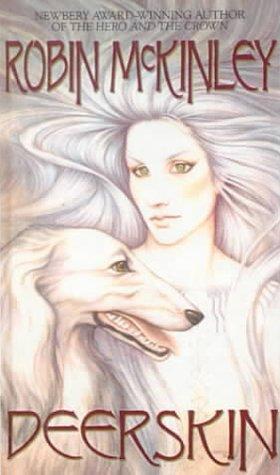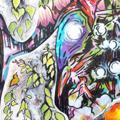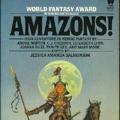(I'm writing this review because I'm currently reading "Sunshine" by the same author. I like this one much better, but I'll expand on that later.)
It's strange that fairytales have this reputation of being deeply regressive, patriarchal and un-feminist stories, isn't it? Especially when you step outside of the Disney princess canon, you're met with a bevy of female protagonists who - besides having the virtue of long-suffering kindness - are brave, persevering, clever and prudent (a word used too little by English-speakers for a virtue that's not lauded enough either).
Honestly, at this point I'd wager there are more feminist subversions of the typical prince-slays-dragon-rescues-princess-in-tower story, than there actually are fairytales with that kind of plot. And in many old school fairytales, the girl saves the boy. If not the love interest, then at least her brother(s).
Basically, what I'm saying, depending on your perspective, feminist fairytales are either a match made in heaven or a bit of an oxymoron. Either way, at this point they are practically a genre unto themselves. And this is one of the best of them. It uses its novel format to add much-needed depth and emotional connection to one of the darkest fairytales, while still keeping that archetypical, symbolic charm that lends so much layered complexity to stories that can often be told in only a few sentences.
For those who are unfamiliar, Deerskin is a retelling of Allerleirauh, a fairytale about a king who will not remarry, unless his new bride looks exactly like his dead wife. A requirement filled only by their daughter. Rather than marry her father, the girl flees into the wilderness wearing a cloak made of all kinds of different furs as a disguise.
(Funny thing is, as dark as this tale already is, young me's lack of reading comprehension somehow managed to make it even darker by misinterpreting a few ambiguously written sentences. So, at the time that I read this book, I actually believed the plot was a bit of a cop out, because for the longest time I believed that the story ends with the princess giving in and marrying her father. (Spoiler, [spoiler] she does not marry her father in this book. Or the actual fairytale.[/spoiler]) You can't imagine how much time I spent trying to figure out the moral of this story.)
This book treats its dark subject matter with more weight and dignity than most books in the fantasy genre - or indeed, any other. A large portion is devoted to our main character's struggle with overcoming what has been done to her - by her own father. These chapters are haunting and introspective, and make full use of the opportunities that fantasy surrealism provides in illustrating internal psychological processes.
And of course, it ties it all up in a happy fairytale ending bow, but one that feels earned and earnest. She doesn't marry the prince because that's just how a fairytale ends, but because love can and will exist after such traumatic events and it's as important to show that side of the story as it is to show the difficult journey towards that happy ending.


